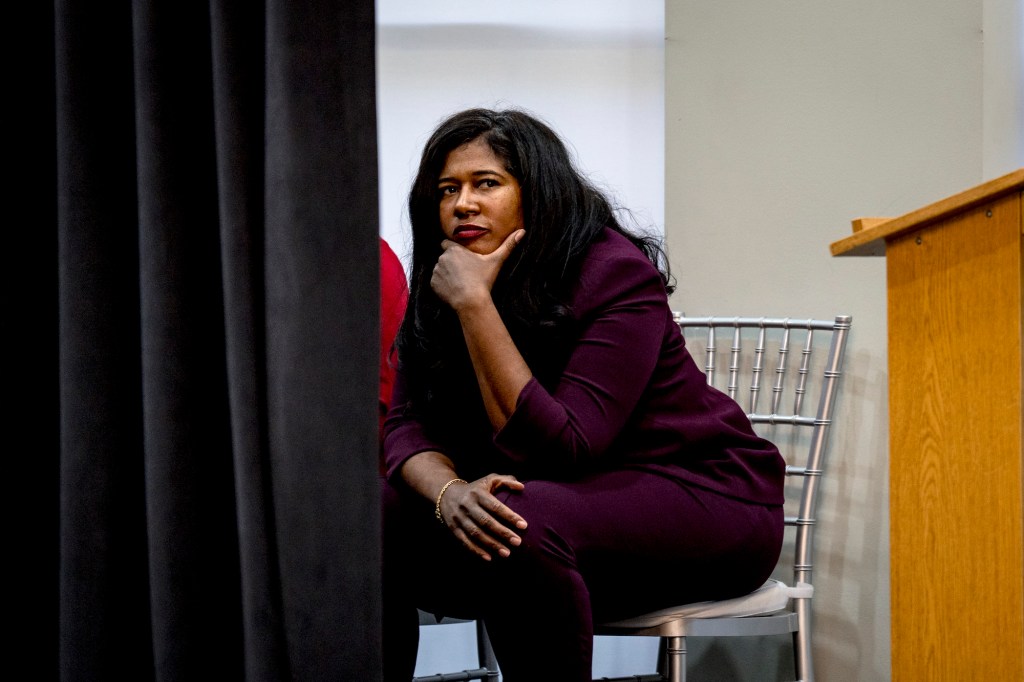In a surprise victory, dual Somali-U.S. citizen Mohamed Abdullahi Farmajo has been elected as Somalia’s new president, beating incumbent Hassan Sheikh Mohamud, in a “milestone” election that could help form the country’s first functioning government in over 25 years.
“History was made. We have taken this path to democracy, and now I want to congratulate Mohamed Abdullahi Farmajo,” the defeated incumbent said.
Videos by VICE
Farmajo’s victory was greeted with celebratory gunshots ringing out across the capital city of Mogadishu on Wednesday evening.
The election proceeded in a heavily guarded airport hangar in the capital city, where 329 newly elected MPs took part in two rounds of voting to pick the country’s next president from an original list of 22 candidates. A scheduled third round of voting was cancelled when Mohamud conceded defeat after Farmajo took a decisive lead.
The vote was held behind the blast walls of the airport due to security concerns, following a series of mortar attacks on the capital city’s airport Tuesday evening. Terrorist group al Shabaab had stated its intentions to disrupt the election, and all main roads in the capital were closed, with African Union peacekeepers patrolling the city.
Farmajo served as prime minister of Somalia for less than a year in 2010, taking over from the man he defeated in Wednesday’s historic election. Prior to taking office, Farmajo worked as the Commissioner for Equal Employment at the New York State Department of Transportation in Buffalo.
The incoming president will face a litany of challenges, including threats of violence from emboldened Islamist terror group al Shabaab, persistent widespread corruption, and a fast-approaching famine.
Here’s what you need to know:
- Somalia is ranked by Transparency International as the most corrupt country in the world, and while the country’s major backers — which includes the United States, Britain, and the EU — had planned a one-person, one-vote election, that was simply not possible in the current climate. Instead, they gave votes to about 14,000 clan elders, who elected the members of the upper and lower houses of parliament.
- Somalia has been torn apart by war and famine over the last quarter of a century, with countries like the U.S. pouring billions of dollars of aid into the country. The U.S. has seen its military presence in Somalia grow recently, though this could change under the Trump administration. Somalia is one of seven countries Donald Trump cited on his contested travel ban, and could face restricted funding.
- While Western countries are working to rebuild a democracy in Somalia, others have conflicting interests. Various presidential candidates are thought to have been bought off by private interest groups from countries like Turkey, Sudan, the United Arab Emirates, and Qatar. Such countries are believed to be using Somalia’s rampant corruption to land lucrative business deals and spy on American activities in the Horn of Africa, according to the New York Times.
- Despite the U.N. calling the election a “milestone” for the country, there has been widespread corruption at the local and national level, including bribery and vote-buying, with up to $20 million changing hands during parliamentary elections. Candidates have also been using fake opponents to make the race look legitimate, the New York Times reports.
- There have been some brights spots, however. The election is seen as more legitimate than anything that has happened in the last 25 years, and women now represent 30 percent of the elected officials in parliament. If this election proves to be a success, Somalia could get a one-person, one-vote election in 2020.




